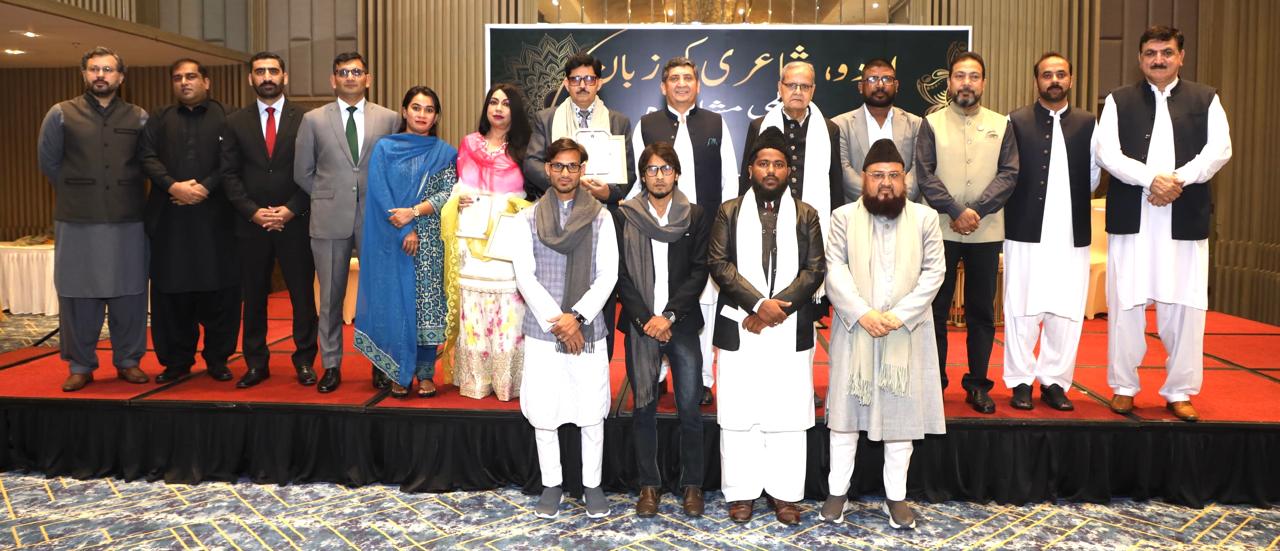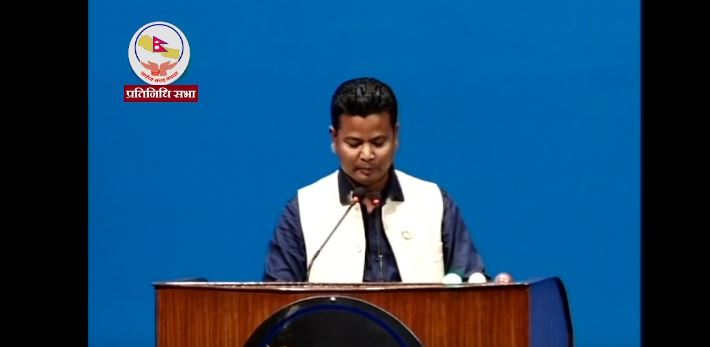Nepali political leaders have stooped so low in accusing the opponents by using uncivil, socially offensive and rude language.
When Joe Biden told Donald Trump “will you shut up man” during the first television debate in October, Biden was criticized for his words. Despite the fact that each and everyone knew Trump was repeatedly interrupting Biden and stopping to make his point, politicians, media and academia all criticized Biden for his remarks.
However, Nepali political leaders have stooped so low in accusing the opponents by using uncivil, socially offensive and rude language in recent days. Sometimes, their choice of words during their speeches is shockingly shameful, impudent and deplorable. In a democratic society, it is absolutely acceptable to make criticism against a leader of political party based on his party’s policies and programs. This can be done in a polite manner without making personal attack or using vituperative or accusatory words and phrases. Political leaders can be criticized using satirical words and phrases, through jokes, anecdotes, stories and references without naming the leaders, said Jackie Johnson in a recent article about the quality of leaders.
Leaders set example for general public. Leading is to lead the crowds, to stand out from the crowds and to set an example for the progress and prosperity, unity in diversity and love against hate in the society. Words are powerful. Thus it is extremely essential to think before speaking as we cannot correct the words once spoken. Words can create or destroy, make friends or foe enhance their prestige or bring disgrace on their personality. Words have consequences. Leaders should not follow crowds and say what the crowds want to chant but lead the crowds and tell the truth.
Pak embassy organizes poetry symposium — Aalmi Mushaira: Urdu,...

Words have impact. Words embody your feelings and thoughts that will develop into action. So, words are your reflections, and we can judge the speakers based on their use of words. Words show your face like the mirror and psychologists can predict your personal peculiarity based on your speech.
Moreover, the leaders are people of example. What they say is heard, watched and read everywhere. Their language becomes public property. The Bhagavad Gita states the quality of leaders: “Whatever action a great man performs, common men follow. And whatever, standards he sets by exemplary acts, all the world pursues.’’ Being the commander of the crowd, a leader should be able to stand out from the crowd, not be diminished in the crowd.
Speech of leaders should inspire, influence and achieve results. Nothing positive can be expected from leaders if they are filled with negative aggressive thoughts, emotions and their actions are guided by those feelings.
It is not necessary to make a fiery speech full of barbed, biting and blistering phrases. It can be done using polite and beautiful words presenting facts and figures with strong evidence so that the crowd can believe in the leaders and their words.
It is not necessary to criticize other political leaders. They should present their opinion regarding how they would do things differently if they were in power. How they would manage the party, internal and external politics, development of the country and what would be their plan of action.
If you respect others then you will be respected, said Mahatma Gandhi while addressing his followers in his non-violent movement against British rule. He always said his struggle was against British rule not against any person.
Why cannot Nepali leaders follow that example and stop making naked comments about their own leaders?
Kevin Murray, author of leadership quality says: "Learn how to be better, if you aspire to be a better leader and communicator." "Learn, rehearse, review, improve, and always strive to be a better communicator ’’and tell the truth and do not criticize others.
Leaders should think about the general public, work together with them and make them feel proud to be part of their party or community. They should be able to give a sense of direction and optimism. Leaders should be able to listen to the views of public and opponents and learn to respect them. Profanity in politics is extremely unacceptable. Politicians in Nepal should stop this profanity.
Through love, peace, friendship and brotherhood, leaders can convince people as well as demonstrate their greatness. Leaders should have an open heart and a liberal attitude to include others. Avoid your humiliating words and use the language of your heart—affection, care and compassion.







































